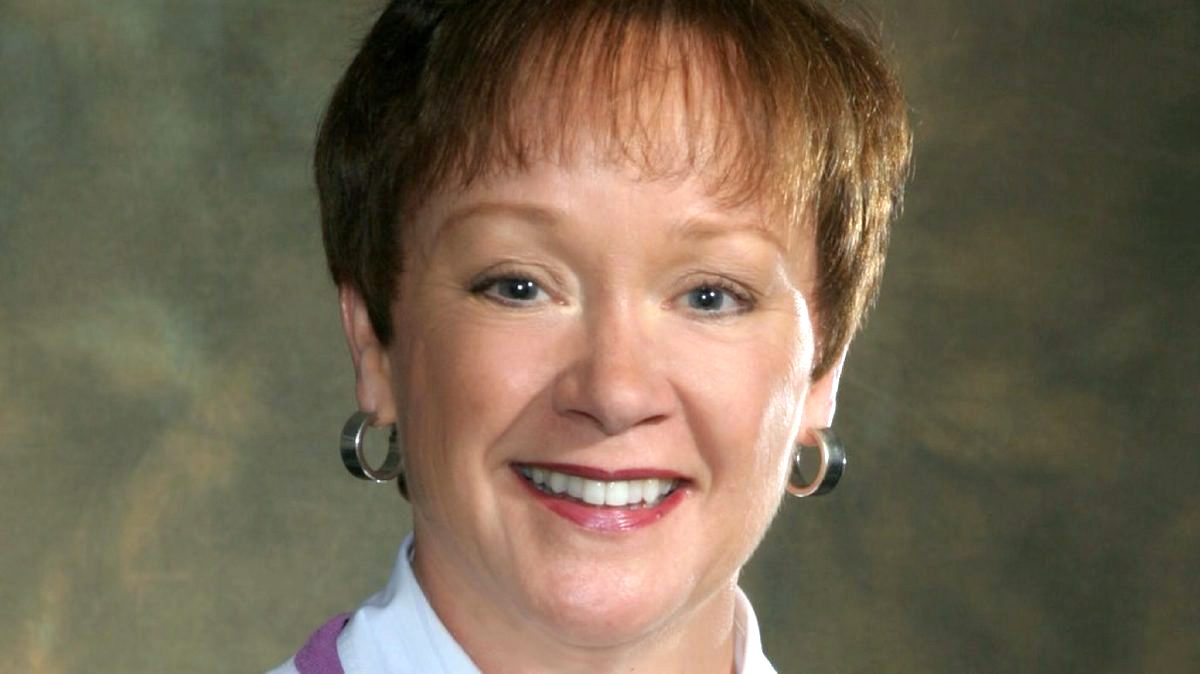
“My fellow Americans: ask not what your country can do for you — ask what you can do for your country.”
I was eight years old and in the third grade when my family sat in front of our RCA black-and-white console television set and listened to President John F. Kennedy speak these words during his inaugural address in January 1961. I thought he was telling us to be respectful to our country and the world, to work hard and make a meaningful contribution, to be truthful, and to not make messes with the expectation that others will clean up after us.
It is almost six decades later, and I still think that was, at least, a part of his message.
Honest, capable leadership is central to a nation’s character and strength, but when all is said and done, a democracy is only as strong as its citizenry. We the people are stronger when we take seriously the responsibilities we have to our community and the larger society and when we face life’s challenges with integrity. Accountability and transparency are central to integrity, which is central to democracy.
Running a government is not like running a business. Businesses exist to generate a profit while providing a product that serves the needs or wants of the customer. Governments exist to provide order and security for society and we all have an obligation to become informed on candidates, public officials, and policy.
When the personal interests of government employees, and especially of those who work in high-ranking and executive positions, conflict with the public’s interests, integrity becomes compromised, and the very principles of a democratic government are undermined.
Ethics are essential to democracy, but there is often confusion about what ethics are. In teaching, I have discovered that students find it easier to understand what ethics are by first understanding what they are not. While ethics are important to most religions, they are not religious beliefs. And ethics are not morals, although people who are highly moral are also likely to be ethical. And while a feeling of guilt may be a signal that we are about to do something unethical, ethics are not feelings.
Ethics are well-based standards of right and wrong that prescribe what humans should do, usually in terms of virtues, duties, and benefits or costs to society.
Regardless of our personal religious beliefs or moral values, if we understand democratic principles, we can agree on what constitutes ethical or unethical behavior in running our government.
Quite clearly, behavior that undermines the principles of democracy is unethical. For example, voter suppression is unethical because it denies people their right to participate in the political process.
When political leaders use the power of their office to benefit themselves personally, rather than to serve the public good, that is not ethical. And awarding a government contract to friends or family members, rather than to those who are most able to provide a service at the best cost is unethical.
There are a number of laws on the books that prohibit unethical behavior, but these laws are effective only to the extent that they are enforced. It is important for us all to remember the role that ethics and character play in making a people strong.
We did not become the most powerful nation in the world because we are smarter than people in other countries. There are smart people everywhere. And we did not become the most powerful nation in the world because we have more natural resources than other countries. There are natural resources around the globe.
Our power comes from a uniquely strong foundation built on democracy that protects individual rights and freedoms, capitalism that supports individual ownership of business, and the diversity that comes from immigration. These attributes helped build American character and strength. A participatory government and a private sector economy provide incentives for people to work hard to succeed, while a diverse population inspires creativity and gives us compassion and understanding of others whose experiences are different from our own.
Character is central to democracy and we must all commit ourselves to living lives of character and to upholding our leaders to values-based leadership. Anything less poses a threat to our nation and its future.
The post Commentary: We the people and democracy appeared first on TheStatehouseFile.com.
Jill Long Thompson is a college professor, a former member of Congress, former undersecretary at U.S.D.A., and former board chair and C.E.O. at the Farm Credit Administration. She has authored a book, “The Character of American Democracy.” Send comments to [email protected].
